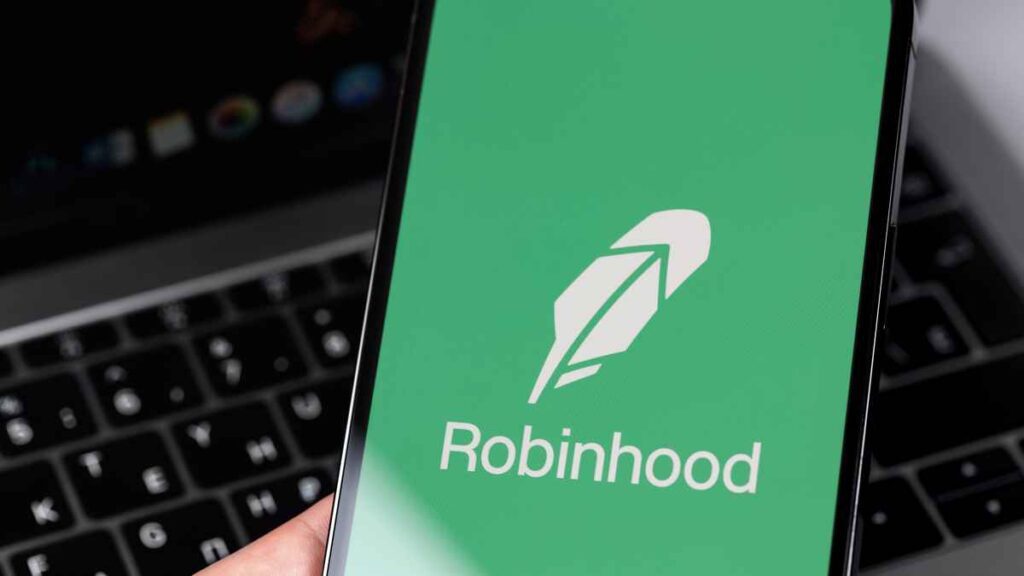Retail investors can buy into Robinhood IPO stock

Robinhood Markets Inc. announced Wednesday its latest alteration to its share distribution, allowing firms issuing shares via the IPO Access platform to reserve stock for certain associates to the company, according to Reuters.
The trading platform’s Directed Share Programs (DSP), also referred to as “friends and family” offer, delivers workers, consumers, vendors, and various other members with a direct relationship with the trading company the chance to obtain shares at the initial public offering (IPO) valuation.
This shift in tactics for the FinTech company, DSPs, will deliver members of the public familiar with Robinhood with the possibility of buying any share at IPO price, valued at $2.06 per share. And, since the company works in synchronization with Wall-Street level banks to obtain allocations for retail investors. This tactic will permit investors to carve up their interest with the trading company.
Any investor who receives an IPO allocation will have the utmost ability to obtain a share at an IPO valuation that is typically below the market price when trading on an exchange market begins.
The strategy helps raise demand on Robinhood IPO stock instead of the sum of shares offered by the company before the public offering.
Robinhood Markets Inc. revealed that it has already partnered up with 12 firms, making IPOs accessible to users, exhibiting that its most recent share offering is made accessible to a large sum of retail investors.
In parallel, the financial firm listed an additional 660,000 funded accounts in its third-quarter (Q3), payment writes, resulting in a total sum of funded accounts of 22.4 million, signaling a 97 percent rise in a fiscal year. Also, its customer base heightened its horizon by almost doubling its monthly active users Year-over-Year (YoY).
Formerly, renowned institutional investors and funds were the first in line to access IPO allocations. As the main controllers of share allocations, investment banks prioritized affluent Wall Street clients, leaving investors with hardly any alternatives to buy in a stock of a newly listed firm. This situation can only happen once the company’s shares initiate trading and end up with a higher valuation.
Last week, Robinhood endured a heavy share drop below its IPO, mirroring the fall of famous cryptocurrencies, such as meme coin, Dogecoin. This halted investors’ efforts from further investing in the online brokerage led by the plunge in its user growth.
